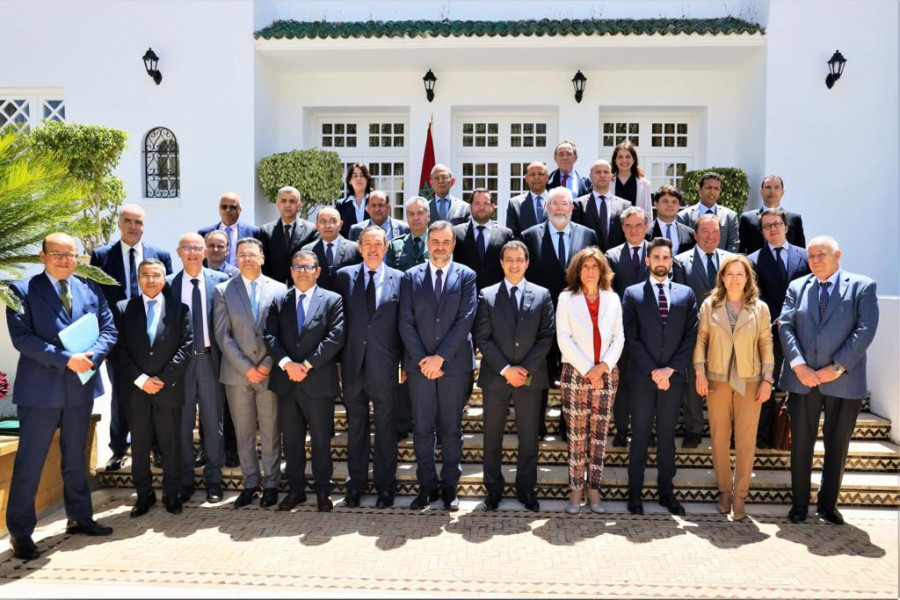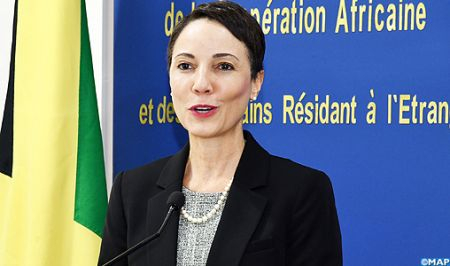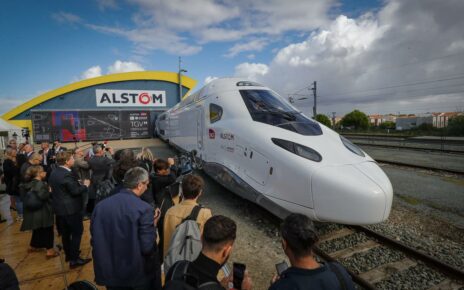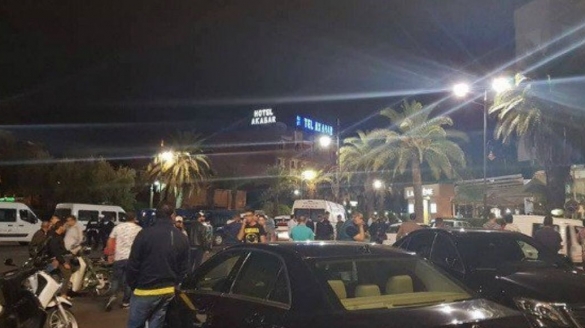The Moroccan-Spanish permanent joint migration group met this Friday, May 6, 2022 in Rabat, for the first time in three years, to discuss ways to develop cooperation between the two countries on migration-related issues, a meeting translating that cooperation between the two countries is resuming for good.
Actually, after the meeting held at the Ministry of the Interior in Rabat Thursday, May 5, 2022, to prepare the “Marhaba 2022” operation, another meeting gathered senior officials from the two countries this Friday to discuss the issue of migration.
The meeting, convened under the chairmanship of Khalid Zerouali, Director of Migration and Border Surveillance at the Ministry of Interior,took place as part of the implementation of the roadmap developed during the visit of President of the Spanish Government Pedro Sanchez to Morocco early April 2022.
Spain was represented at the meeting by Secretary of State for Migration Jesus Perea Cortijo, Secretary of State for Security Rafael Pérez Ruiz, and Secretary of State for External and Global Affairs Angeles Moreno Bau.
During debates on migration partnership, the two sides welcomed “the resumption of their migration meetings which have always enshrined trust and shared responsibility,” a joint statement issued at the end of the meeting said.
The Spanish side has thanked the Moroccan authorities for the “extensive efforts” deployed in the fight against illegal migration which have produced “tangible results,” the statement said, adding that given the shared challenges represented by the activities of migrant smuggling networks and the unstable regional environment, both parties decided to strengthen their coordination and information exchange mechanisms through renewed joint action arrangements at the level of police cooperation centers, liaison officers and joint patrols.
The two parties also expressed their willingness to continue providing “agile and flexible responses” in the fight against criminal migrant smuggling networks on the Atlantic and Western Mediterranean routes.
On border management, they stressed the need to articulate joint efforts in terms of technical and financial support to maximize resilience and operational efficiency.
In this sense, “both parties give particular importance to the increased possibilities of financial support for Morocco under the new Multiannual Financial Framework of the European Union,” the joint statement said, adding that Spain, as a EU member state, “will continue to highlight the role of Morocco as a strategic partner of the EU in all areas, including migration.”
Regarding regular migration, the Joint Migration Group welcomed “the positive record” of the Moroccan-Spanish model of circular mobility and labor management, which is “one of the most solid and successful examples recognized at the European and international level.”
The two parties pledged to “continue working in this direction to establish new paths where capacity building and reintegration are key components so as to strengthen the positive effects of migration in both Moroccan and Spanish societies.”
They also reiterated their shared willingness to strengthen the prospects for cooperation to encourage controlled legal flows in coordination with all operators and stakeholders.
Recalling the contributions of the Moroccan community in Spain to the post-Covid economic recovery, Moroccan and Spanish officials pledged to work together with the aim of strengthening the integration of the communities of nationals of both countries in Spain and Morocco.
As to the issue of unaccompanied minors, the Moroccan side recalled the Royal high instructions for the repatriation of all Moroccan minors duly identified, the joint statement pointed out, noting that Morocco and Spain agreed to focus on the best interests of the minor.
On regional cooperation on migration, Morocco and Spain have committed to strengthening dialogue and close coordination during their respective presidencies of the Rabat Process in 2022 and 2023.
The two countries also agreed to convene, in June 2022, the various ad hoc joint subcommittees of the Migration Group to approve sectoral action plans.
Morocco, in the person of King Mohammed VI, is considered “Leader of the African Union on migration issues”. The Kingdom also hosts the headquarters of the African Observatory on Migration, a dedicated institution of the African Union, inaugurated in December 2020.



